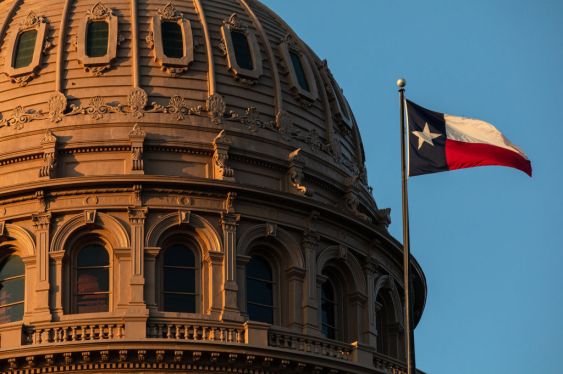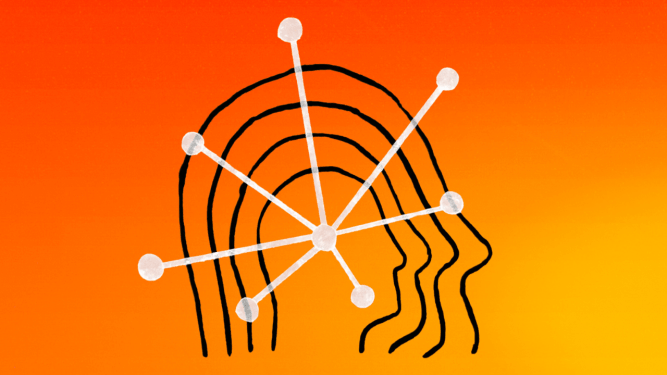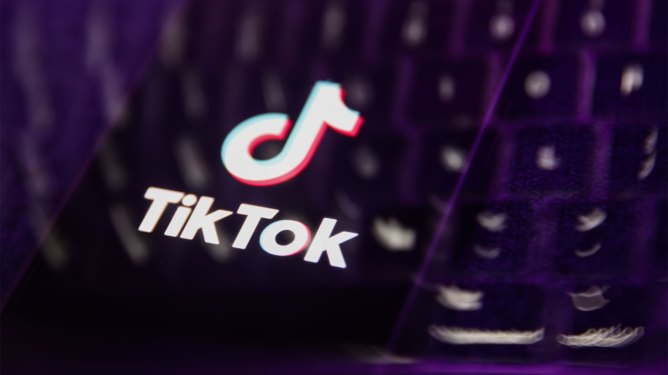In a significant development, a free speech group and research coalition that studies technology’s effect on society have filed a lawsuit against the ban on TikTok in Texas. The lawsuit, filed by Columbia University’s Knight First Amendment Institute on behalf of the Coalition for Independent Technology Research, argues that restrictions on TikTok in Texas violate the First Amendment.
Background on the Ban
Last year, Texas Governor Greg Abbott directed state agencies to remove TikTok from government devices, citing security concerns over the app’s Chinese ownership. The governor described concerns around TikTok as "growing threats" and issued a mid-February deadline for government offices to implement the changes. The ban also applied to public universities in Texas, which moved to block TikTok from campus Wi-Fi networks and school-owned devices.
Impact on Public Universities
Public universities in Texas, such as Texas A&M and the University of Texas, were among those that complied with the ban. As a result, access to TikTok was limited across their campuses. Similarly, public universities in other states have taken measures to restrict TikTok in response to executive orders.
The Lawsuit
The lawsuit, filed on behalf of the Coalition for Independent Technology Research, argues that the restrictions on TikTok in Texas violate the First Amendment. The plaintiffs argue that the ban affects faculty members at public universities who rely on TikTok for teaching and research purposes.
"Banning public university faculty from studying and teaching with TikTok is not a sensible or constitutional response to concerns about data-collection and disinformation," said Jameel Jaffer, Executive Director of the Knight First Amendment Institute. "Texas must pursue its objectives with tools that don’t impose such a heavy burden on First Amendment rights. Privacy legislation would be a good place to start."
The Coalition’s Perspective
Dave Karpf, board member of the Coalition for Independent Technology Research, emphasized the importance of allowing scholars and researchers to study TikTok and illuminate the risks associated with it.
"Like it or not, TikTok is an immensely popular communications platform, and its policies and practices are influencing culture and politics around the world," Karpf said. "It’s essential that our members be able to study the platform and address the very risks that Texas says it wants to address."
Potential Impact of the Lawsuit
If successful, the Texas lawsuit could set a precedent for how similar bans will hold up in other states. Public universities in Alabama, Arkansas, Florida, Georgia, Idaho, Iowa, Oklahoma, and South Dakota have also restricted TikTok in response to executive orders.
The Future of Free Speech and Social Media
The lawsuit highlights the ongoing debate between free speech advocates and governments regarding social media platforms like TikTok. As social media continues to play an increasingly influential role in shaping culture and politics, policymakers must balance concerns about data collection and disinformation with the need for open communication and freedom of expression.
Timeline of Events
- Last year: Texas Governor Greg Abbott directed state agencies to remove TikTok from government devices.
- Mid-February deadline: Government offices were required to implement changes related to TikTok.
- Late last year: The governor signed a law firming up the ban, which initially took the form of an executive order.
Conclusion
The lawsuit filed by the Coalition for Independent Technology Research and the Knight First Amendment Institute highlights the tension between free speech advocates and governments regarding social media platforms like TikTok. As policymakers continue to grapple with concerns about data collection and disinformation, they must balance these concerns with the need for open communication and freedom of expression.



